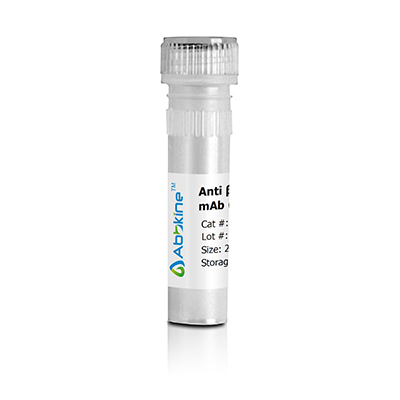ARRDC1, ARRDC2 (which exists as multiple alternatively spliced isoforms), ARRDC4 and ARRDC5 are arrestin domain-containing proteins that are encoded by genes which map to human chromosomes 9, 15 and 19. Chromosome 9, on which the ARRDC1 gene is localized, contains 145 million base pairs and comprises 4% of the human genome, encoding nearly 900 genes. Hereditary hemorrhagic telangiectasia, which is characterized by harmful vascular defects, and Familial dysautonomia, are both associated with chromosome 9. Notably, chromosome 9 encompasses the largest interferon family gene cluster. The ARRDC2 and ARRDC5 genes map to chromosome 19, which consists of over 63 million bases, houses approximately 1,400 genes and is recognized for having the greatest gene density of the human chromosomes. Unlike other ARRDC genes, the ARRDC4 gene maps to human chromosome 15, which houses over 700 genes and comprises nearly 3% of the human genome. Angelman syndrome, Prader-Willi syndrome, Tay-Sachs disease and Marfan syndrome are all associated with defects in chromosome 15-localized genes.
Arrdc4 Polyclonal Antibody detects endogenous levels of Arrdc4 protein.
Optimal working dilutions should be determined experimentally by the investigator. Suggested starting dilutions are as follows: WB: 1:500-1:2000, IHC-p: 1:100-1:300, ELISA: 1:20000. Not yet tested in other applications.
Arrdc4 Polyclonal Antibody product listed herein is for research use only and is not intended for use in human or clinical diagnosis. Suggested applications of our products are not recommendations to use our products in violation of any patent or as a license. We cannot be responsible for patent infringements or other violations that may occur with the use of this product.
Find more details at http://www.abbkine.com/product/arrdc4-polyclonal-antibody-abp56986.
bio-equip.cn




